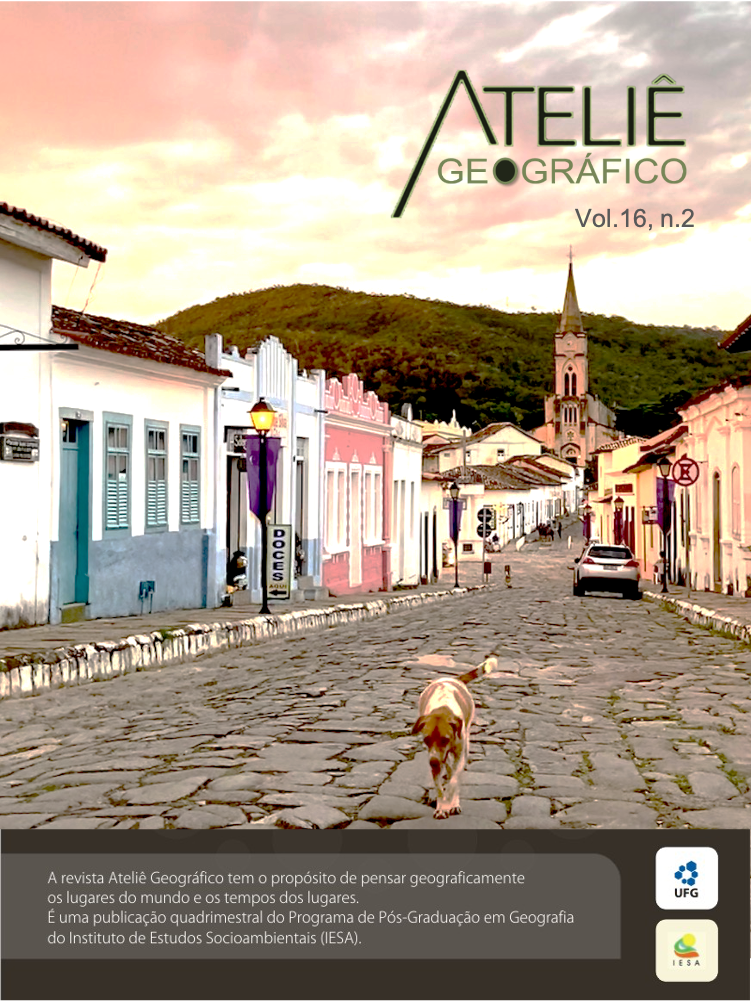Community-based tourism, rural development, and socio-ecology: Case of study Asoproam, Bogotá, Colombia
DOI:
https://doi.org/10.5216/ag.v16i2.72029Resumo
Rural tourism is characterized for being mainly community-based and for having links of associativity and cooperativism among farmers. The objective of this research is to describe the actions of the socio-ecology and the changes over time in rural community tourism in an association of tourism farmers located in the town of Ciudad Bolívar in Bogotá. The research approach is qualitative, the information was obtained through several field works and structured interviews with the community leader and a qualitative diagnosis of aspects in the social and ecological management of tourism. The results are achieved after the analysis of the impacts of tourism in the territory. The social and ecological management of the case study is highlighted and a high potential for economic development in the current situation is evident. In conclusion, tourism with a community and ecological approach has great potential, although it is quite empiric and new forms of rural development can be generated that contribute to environmental conservation and social processes in the territory.
Keywords: Rural community, tourism, socio-ecology, sustainability.
Downloads
Downloads
Publicado
Como Citar
Edição
Seção
Licença
Autores que publicam nesta revista concordam com os seguintes termos:- Autores mantém os direitos autorais e concedem à revista o direito de primeira publicação, com o trabalho simultaneamente licenciado sob a Licença Creative Commons Attribution que permite o compartilhamento do trabalho com reconhecimento da autoria e publicação inicial nesta revista.
- Os autores não serão remunerados pela publicação de trabalhos na Revista Ateliê Geográfico. Além disso, os conteúdos publicados são de inteira e exclusiva responsabilidade de seus autores, ainda que reservado aos editores o direito de proceder a ajustes textuais e de adequação às normas da publicação.
- Autores têm permissão e são estimulados a divulgar seu trabalho online (ex.: em repositórios institucionais ou na sua página pessoal), já que isso pode gerar alterações produtivas, bem como aumentar o impacto e a citação do trabalho publicado (Veja O Efeito do Acesso Livre).


